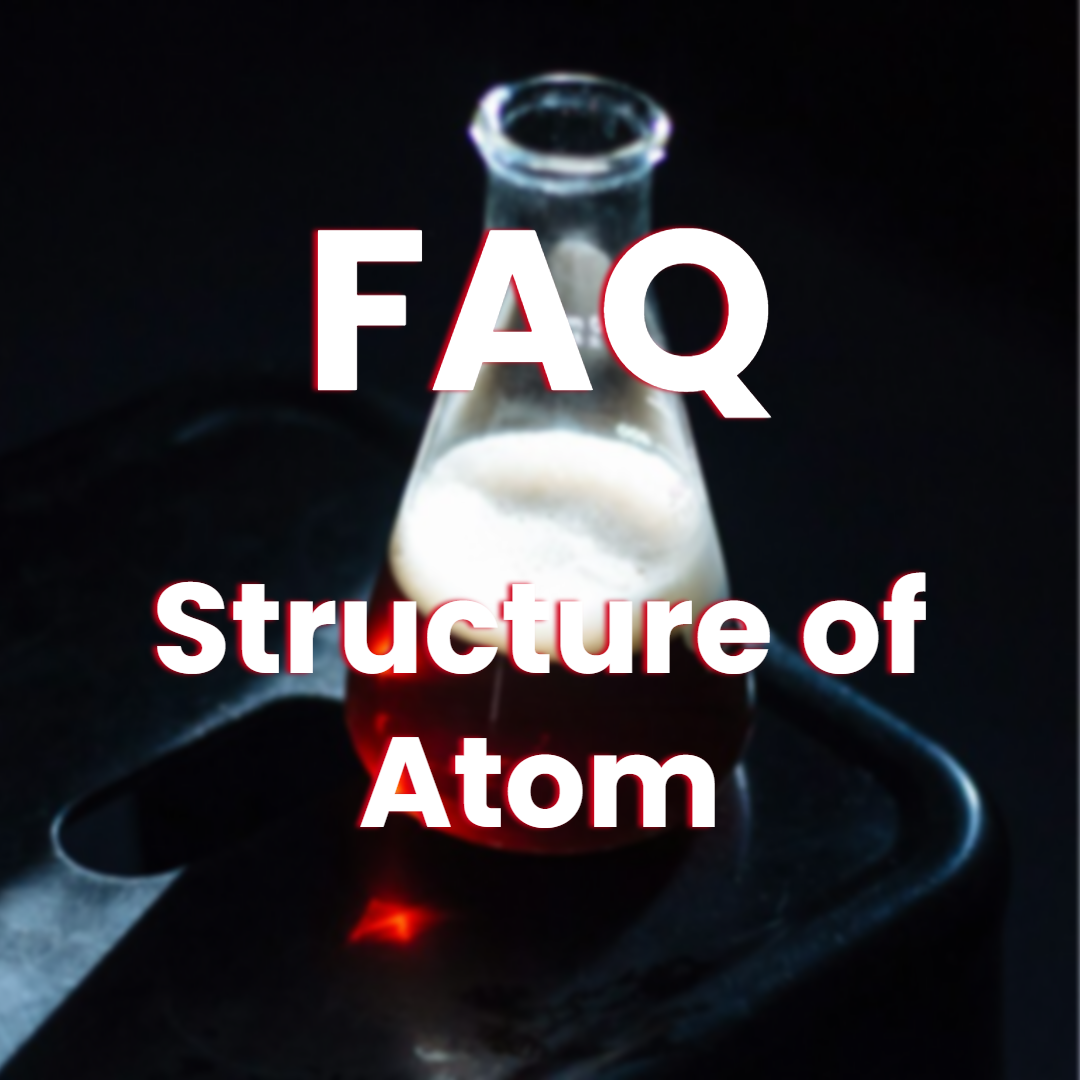
Chemistry is the scientific study of matter, its properties, composition, structure, and the changes it undergoes during chemical reactions. It deals with the properties and behavior of atoms and molecules, which are the basic building blocks of matter. Chemistry explores how different substances interact with each other, the energy changes that occur during these interactions, and the formation of new substances.
Chemistry is a broad field with many branches, including organic chemistry (the study of carbon-based compounds), inorganic chemistry (the study of non-carbon compounds), physical chemistry (the study of the physical properties and behavior of matter), analytical chemistry (the study of the composition of substances), and biochemistry (the study of chemical processes within living organisms).
Chemistry plays a crucial role in various scientific disciplines and industries, including medicine, materials science, environmental science, agriculture, and energy production. It helps us understand the world around us at the molecular level and provides insights into how substances behave and interact under different conditions.
In our everyday lives, we encounter countless substances, from the air we breathe to the food we eat and the materials we use. Have you ever wondered what lies at the heart of these substances? How do they interact, combine, and transform? The answers to these questions lie within the realm of chemistry, a captivating and fundamental science that unveils the mysteries of matter.
Unveiling the Basics
At its core, chemistry is the scientific study of matter—its composition, properties, structure, and the transformations it undergoes. Matter, in its simplest form, is composed of atoms and molecules, which are the building blocks of everything around us. Chemistry delves into the behavior of these particles, exploring how they interact with each other and the energy changes accompanying these interactions.
The Diverse Landscape of Chemistry
Chemistry is not a monolithic entity but a multifaceted discipline encompassing various branches, each with its own focus and applications.
- Organic Chemistry: This branch deals with the study of carbon-based compounds, which are ubiquitous in living organisms and many synthetic materials. From the DNA that carries genetic information to the medicines that heal, organic chemistry plays a pivotal role in understanding and manipulating these vital molecules.
- Inorganic Chemistry: In contrast to organic chemistry, inorganic chemistry focuses on compounds that do not contain carbon. It explores the properties of metals, minerals, and other non-carbon-based substances, contributing to fields such as materials science, catalysis, and environmental chemistry.
- Physical Chemistry: Physical chemistry investigates the physical properties and behavior of matter, applying principles from physics to understand phenomena such as chemical kinetics, thermodynamics, and spectroscopy. It provides insights into the underlying mechanisms governing chemical reactions and the interplay between matter and energy.
- Analytical Chemistry: Analytical chemistry is concerned with the qualitative and quantitative analysis of substances, determining their composition and concentration. It underpins various scientific endeavors, from forensic analysis and environmental monitoring to pharmaceutical quality control.
- Biochemistry: Biochemistry explores the chemical processes occurring within living organisms, elucidating the molecular mechanisms of life. It investigates topics such as metabolism, enzyme kinetics, and the structure-function relationships of biomolecules, paving the way for advancements in medicine, biotechnology, and agriculture.
Applications and Impact
The reach of chemistry extends far beyond the confines of the laboratory, shaping our world in profound ways. It underpins numerous industries, including pharmaceuticals, agriculture, energy, and materials science, driving innovation and progress.
- Medicine: Chemistry lies at the heart of drug discovery and development, enabling the synthesis of life-saving medications and therapies. From antibiotics that combat infections to cancer treatments that target specific molecular pathways, chemistry empowers medical advancements that enhance human health and well-being.
- Materials Science: Chemistry plays a pivotal role in the design and synthesis of materials with tailored properties, from lightweight polymers and high-performance ceramics to advanced nanomaterials. These materials find applications in diverse fields, including electronics, aerospace, and renewable energy technologies.
- Environmental Science: Chemistry provides essential tools for understanding and addressing environmental challenges, such as pollution, climate change, and resource depletion. By studying the fate and transport of pollutants, developing sustainable materials, and designing cleaner energy sources, chemists contribute to building a more sustainable future.
Conclusion
In essence, chemistry is the language of matter, enabling us to decipher its secrets and harness its potential. From the intricate dance of molecules in a chemical reaction to the elegant structures of biomolecules in living organisms, chemistry permeates every aspect of our world. By embracing curiosity, inquiry, and innovation, we continue to unlock new frontiers in this captivating science, driving progress and shaping the future of our planet.
So, the next time you marvel at the wonders of the natural world or marvel at the marvels of human ingenuity, remember that at the heart of it all lies the profound science of chemistry.










